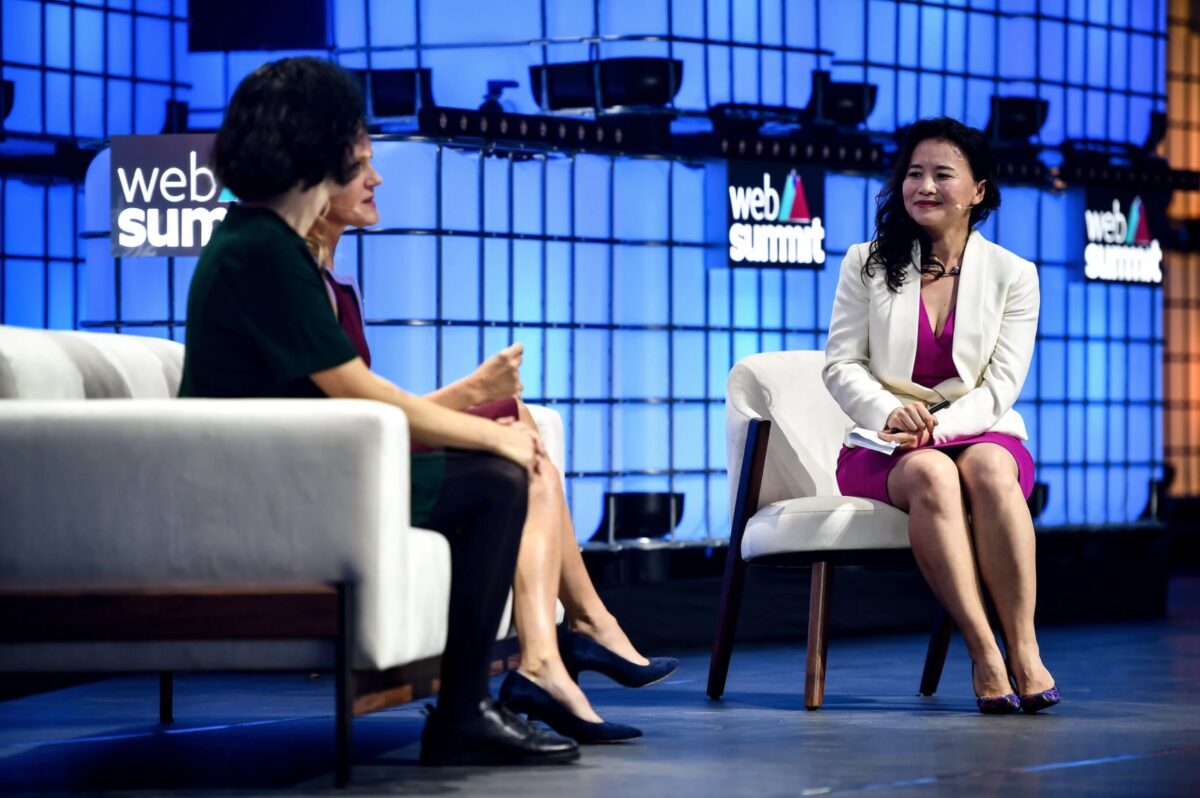China Detains Australian-Born Anchor for State-Backed News Agency; Deletes Years of Her Work

David Fitzgerald/Getty Images
An Australian citizen who worked as an anchor for China’s state-backed CGTN news network has been detained without explanation.
In a statement, Australian Foreign Minister Marise Payne said her country’s government received “formal notification” of Cheng Lei’s detention on August 14. Australian officials spoke with her by video on August 27.
“The process within the Chinese system does not require the laying of charges at this point,” Payne noted in an interview with 2GB, a radio station in Sydney. She is reportedly being held in “residential surveillance,” where China can hold suspects for up to six months before they are formally arrested.
China has held another Australian, businessman Yang Hengjun, in detention since 2019. He was indicted this year on espionage allegations.
Observers noticed Cheng’s work with CGTN — which falls under the auspices of the Chinese Communist Party – was removed from the company’s website sometime in August. Cheng has worked as on-air talent for the network covering business news since 2012, and prior to that, covered financial news for CNBC for nine years.
#Shakeshack‘s first #Beijing store set to open in 12 hours’ time…the staff are psyched! Loving the Beijing touches in food and decor. Opening ceremony will feature pedicabs and pesky Beijing uncles! Make shakes, not war pic.twitter.com/kkMZVZxw9r
— Cheng Lei (@ChengLeiCGTN) August 11, 2020
While business and financial news are largely non-political in nature, China has experienced an increasingly strained relationship with Australia and other Western countries on a range of issues since the coronavirus pandemic began to spread early this year. China imposed sanctions on beef and barley from Australia in May.
Cheng’s employer has declined requests for comment. A final post on Cheng’s Twitter account showed the Australian-born native attending the grand opening of a Shake Shack in Beijing on August 11. A previous post, dated August 6, showed Cheng stating that an Irish investment agency had backed out of an interview with CGTN about TikTok, the Chinese video-sharing company at the center of controversy for the way it handles user data — as well as the relationship its parent company, ByteDance, enjoys with the Chinese government.
New: The Mediaite One-Sheet Newsletter
Your daily summary and analysis of what the many, many media newsletters are saying and reporting. Subscribe now!






Comments
↓ Scroll down for comments ↓